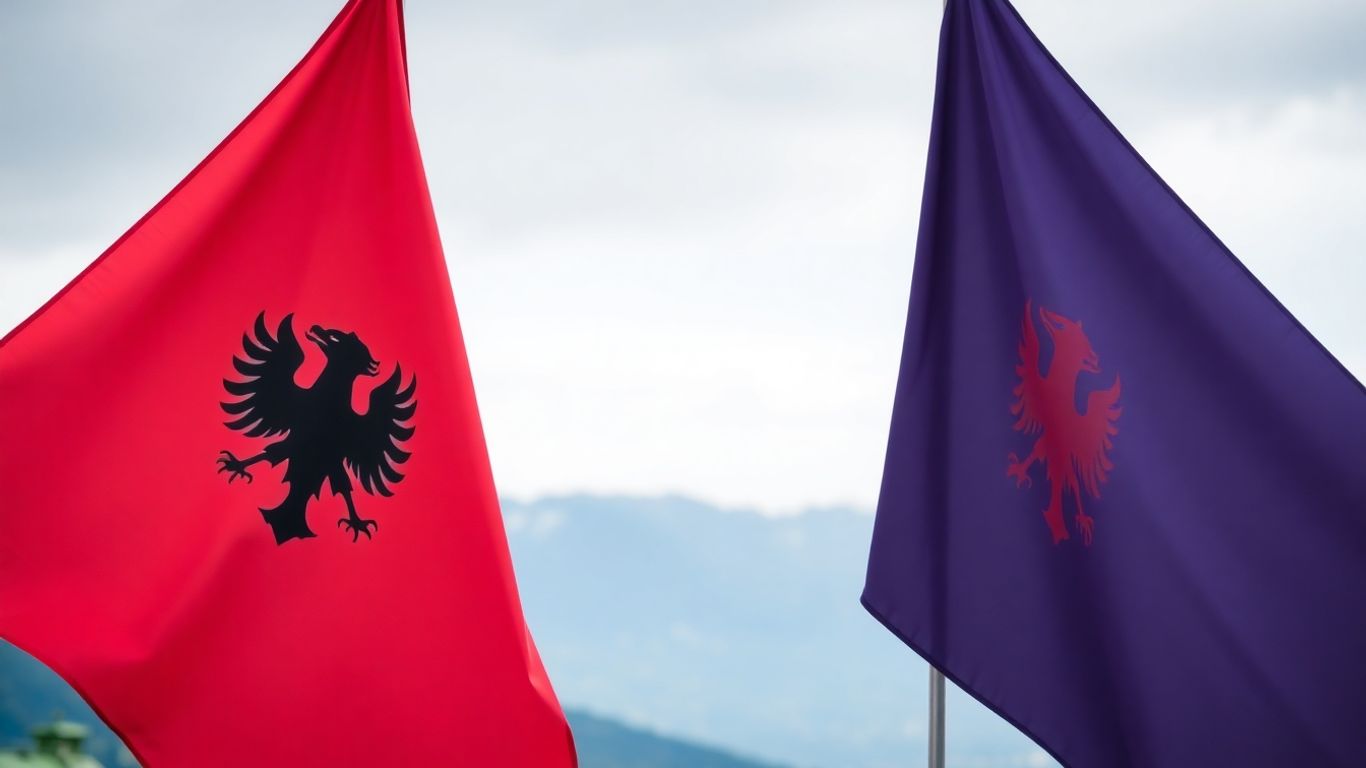Kosovo’s caretaker Prime Minister Albin Kurti has announced plans to establish a joint military unit with Albania, a move aimed at bolstering Kosovo’s defense capabilities and expanding international partnerships. The announcement has drawn sharp criticism from Serbia, which views the alliance as a direct threat and a step towards a "Greater Albania."
Key Takeaways
- Kosovo plans to create a joint military unit with Albania.
- Serbia condemns the move, calling it a threat and a step towards "Greater Albania."
- Kosovo aims to significantly increase defense spending and develop its domestic defense industry.
- The announcement comes amid Kosovo’s ongoing efforts to strengthen its security forces and pursue NATO and EU membership.
Kosovo’s Defense Expansion Plans
During a session of his party’s General Council in Pristina, Kurti outlined an ambitious plan for Kosovo’s military over the next four years. This includes allocating over one billion euros to the Kosovo Security Force (KSF), reviving a munitions factory, developing a domestic defense industry, and recruiting 1,000 women into the KSF. Kurti also pledged to enhance Kosovo’s "comprehensive defense" by ensuring voluntary reservists are properly trained and equipped.
Furthermore, Kurti intends to double the number of military attachés and expand agreements with countries that facilitate troop presence, as steps toward NATO membership. He emphasized strengthening strategic relations with key Western allies, including the United States, the United Kingdom, Germany, France, Italy, and Turkey, while reiterating Kosovo’s goal of EU accession by 2030.
Serbian Reaction and Concerns
Serbia’s response was swift and critical. Petar Petković, acting head of the Serbian Government’s Office for Kosovo and Metohija, condemned the announcement, labeling the military alliance between Kosovo and Albania as a "direct threat to Serbia and the Serbian people" and a move towards a "Greater Albania." Petković accused Pristina of escalating tensions and destabilizing the Western Balkans, warning that such militarization occurs without international reaction despite being a violation of UN Security Council Resolution 1244, which designates KFOR as the sole authorized military formation in Kosovo.
Similarly, Miloš Vučević, chairman of the Serbian Progressive Party (SNS), accused Kurti of trying to provoke conflict and "set the region on fire." He drew parallels to the events of the 1990s, stating that military alliances directed against Serbia indicate preparations against the Serbian people. Vučević asserted that Serbia is strengthening its military and political capacities to preserve regional stability and announced a military parade in Belgrade to showcase Serbia’s modern capabilities in service of peace.
Background on KSF Transformation
The KSF has been undergoing a gradual transition into a national army since December 2018. While NATO countries cooperate with the KSF, the alliance itself does not formally endorse its transformation into a full army. A 2013 Kosovo-NATO agreement prohibits the KSF from entering northern Kosovo without KFOR approval. Despite this, KSF units have been present in the north with KFOR authorization for specific missions.






